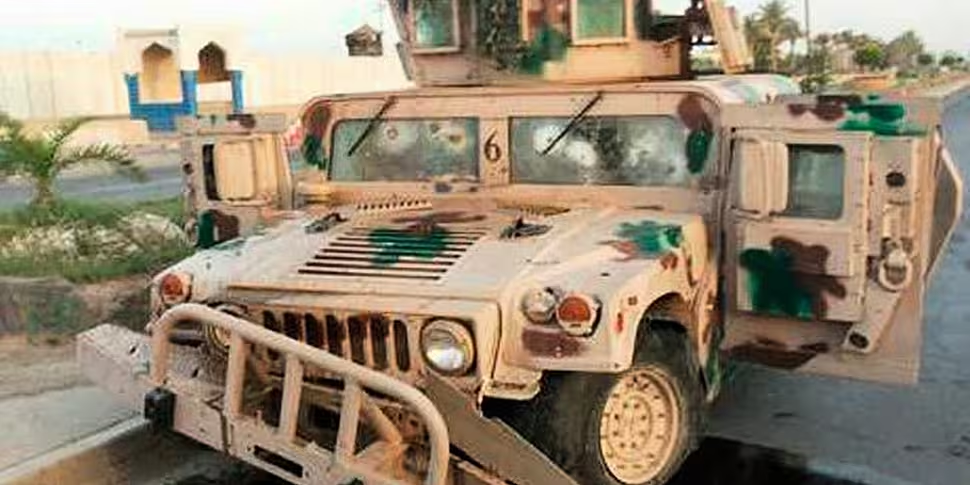America is sending almost 300 troops to Iraq, a week since Islamist militants began a violent insurgency there.
US President Barack Obama says they are being deployed to protect embassy staff and other personnel there, though he has said they will be 'combat ready', despite saying last week he would not put troops on the ground.
The 275 soldiers will move vulnerable American citizens to consulates that are deemed 'safer'.
Some 170 of those soldiers have already arrived in Baghdad, with the remainder on standby.
UN Secretary General - Ban Ki-Moon - has warned that the crisis risks spilling beyond the country's borders:
The White House is also considering sending special forces to train and advise Iraqi troops.
However, a former advisor to the Bush adminstration in the US says it is not yet time for international intervention in Iraq.
Harlin Ullman told Newstalk's Breakfast the Iraqi government must deal with the situation they effectively created through sectarian rule:
American support conditional
Former Secretary of State Hillary Clinton said last week that Iraq's prime minister Nouri al Maliki must be presented with a set of conditions before any military support was agreed.
She said: "That's a delicate and difficult task for our government because we certainly don't want to fight their fight.
"Because you'd be fighting for a dysfunctional, unrepresentative, authoritarian government and there's no reason on earth that I know of that we would ever sacrifice a single American life for that."
Mr al Maliki has vowed to recapture territory lost to the Islamic State of Iraq and Syria (ISIS), which has seized towns in Iraq after a week of fighting and vowed to attack Baghdad.
The insurgents captured Tal Afar after a dawn raid, along with the al Adhim area in Diyala province, north of Baghdad.
Footage also emerged which appeared to show ISIS insurgents questioning and killing unarmed Iraqi soldiers. An Iraqi army helicopter was also shot down near the city of Fallujah.
But Iraq's army has stalled their advance in Samarra despite the graphic images showing Shia soldiers being killed in cold blood.
Discussions with Iran
It comes after the US and Iran discussed the crisis in Iraq on the sidelines of nuclear talks in Vienna.
The two nations have ruled out military co-operation.
State Department spokeswoman Marie Harf said Tehran and Washington have a shared interest in ensuring militants do not have "a foothold any more in Iraq".
Meanwhile, British Foreign Secretary William Hague has announced Britain's embassy in Iran will reopen because the circumstances are right.
Nickolay Mladenov is a UN Special Representative for Iraq:









